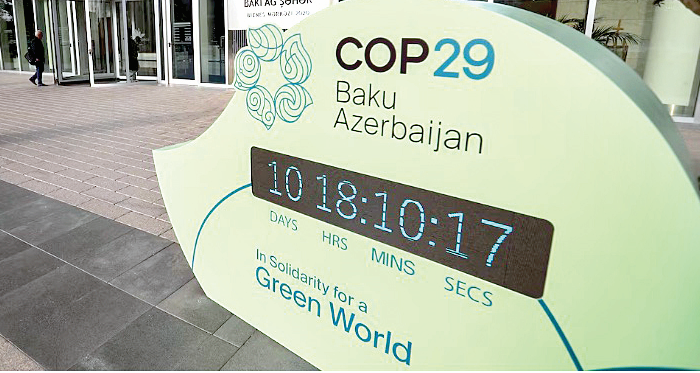Summit major steps in setting standards for carbon market
By Milliam Murigi, November 15, 2024Leaders attending the CoP 29 have agreed on rules for creating carbon credits, as outlined in the Paris Agreement. This means there is now a clear global standard for how carbon credits (essentially permits that allow companies or countries to offset their emissions) will be created and traded.
The consensus will enable climate action by increasing demand for carbon credits and ensure that the international carbon market operates with integrity.
“We are grateful to all parties who have come to COP29 ready to show flexibility, collaborate, and reach agreement,” said Yalchin Rafiyev, the CoP29 Lead Negotiator.
According to Mukhtar Babayev, COP29 President, these standards will ensure that the international carbon market is of high integrity, and that emissions reductions and removals are real, additional, verifiable and measurable. They will also provide trusted and transparent carbon markets for countries as they collaborate to reach their climate goals.
Additionally, the full functioning of Article 6 of the Paris Agreement will be a significant step for the implementation of Nationally Determined Contributions (NDCs) in a cost-effective manner, and in bolstering ambition in mitigation and adaptation.
Realising benefits
According to Babayev, the standards for Article 6.4 are not cast in stone. As they are governed by the Conference, the Parties will be able to further enhance them as they deem fit. The Parties still need to agree on the remaining building blocks of Article 6, in order to create confidence to boost cooperation under Article 6.
Once negotiations have concluded, the CoP29 Presidency will encourage uptake of Article 6 carbon trading, so that countries can realise its potential benefits.
Despite this new development, some negotiators are wary of how the deal was done. They say that the standards were agreed by a small group of technical experts, with some countries saying they had not been given a fair say in the final rules.
Kevin Conrad, Executive Director for the Coalition for Rainforest Nations and former climate envoy for Papua New Guinea says that the supervisory board had overstepped its mandate.
The group is saying that these standards fell short in areas like human rights of affected communities.
“We endorse what they have done, not the way they have done it,” says Conrad.
More Articles

